U.S. Cotton Trust Protocol Announces $90+ Million Program to Support Sustainability Practices on U.S. Cotton Farms
December 8, 2022
The U.S. Climate Smart Cotton Program will provide technical and financial assistance to growers adopting sustainable agricultural practices.
The U.S. Cotton Trust Protocol, in collaboration with Cotton Incorporated, has announced as a recipient of the U.S. Climate Smart Cotton Program, a 5-year, pilot project to help 1,650 U.S. cotton farmers adopt sustainable agricultural practices. The USDA awarded the U.S. project $90 million as part of its Partnership for Climate-Smart Commodities, and the initiative will receive up to $7 million more in matching funds from Target, the National Cotton Council of America, and Cotton Incorporated’s own budget.
The U.S. Climate Smart Cotton Program will provide technical support and nearly $75 million in financial assistance to U.S. cotton farmers, specifically targeting historically underserved community producers. It also aims to create a stronger market for Climate Smart Cotton and carbon insets among brands and retailers in the apparel industry.
How the U.S. Climate Smart Cotton Program Works
The U.S. Climate Smart Cotton Program is exploring levels at which growers can engage.
Level 1: Growers enroll in the U.S. Cotton Trust Protocol, completing a self-assessment, and quantify their GHG emissions through the Fieldprint Platform.
Level 2: Growers adopt climate-smart agricultural practices like reduced or no tillage, nutrient management, and cover crops.
Level 3: Growers implement climate-smart agricultural practices and continue to monitor, measure, report and verify their climate impacts.
The program’s creators estimate that they can capture more than 1.2 million acres of cotton farmland within the project. Participants will receive technical support from dedicated staff members as well as partner programs at every stage of the project. Approximately $10 million of the project’s funds are dedicated to supporting sustainable agriculture research projects at universities, education programs for producers, grower mentoring and creating a market for carbon insets.
Climate Smart Cotton Program Key Activities and Partners
The U.S. Cotton Trust Protocol (USCTP) leads the U.S. Climate Smart Cotton program, with support from multiple stakeholders including the National Cotton Council’s export arm Cotton Council International, Cotton Incorporated, the Soil Health Institute (SHI), Soil and Water Outcomes Fund (SWOF), Texas A&M AgriLife Research, Agricenter International (AI), Alabama A&M University (AAMU), and North Carolina A&T State University (NCAT). Cotton Incorporated’s main role will be to conduct outreach activities to U.S. cotton farmers, alongside the SHI, UTCTP, and SWOF. AI is leading enrollment for veteran farmers, and AAMU and NCAT are helping to engage BIPOC cotton farmers and build long-term connections with cotton farmers from historically underserved communities.
As proposed, the project estimates that participants can produce more than 4 million bales of Climate Smart Cotton over five years. They also estimate it will reduce CO2e emissions in the cotton industry by 280 metric tons per year, or 1.4 million tons over the project’s 5-year duration. Nearly 56,000 tons per year of those emissions would be from among historically underserved communities.
The U.S. Climate Smart Cotton Program is just the latest in Cotton Incorporated’s carbon-focused research projects and initiatives created to help achieve the industry’s 10-year sustainability goals. To read more about these programs and get an in-depth view of sustainability at Cotton Incorporated, read our latest interview with Dr. Jesse Daystar, Cotton Incorporated’s chief sustainability officer.


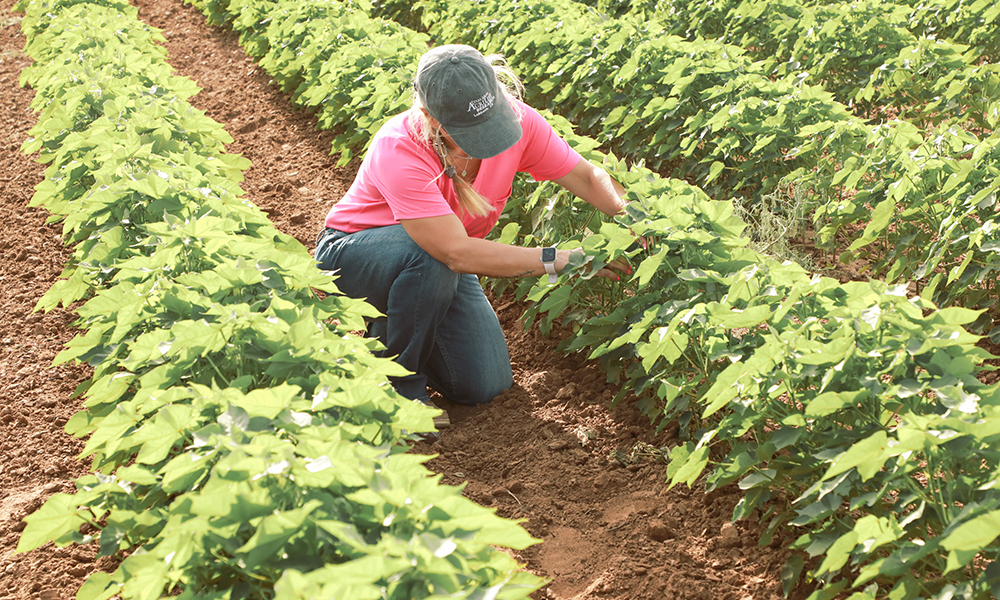
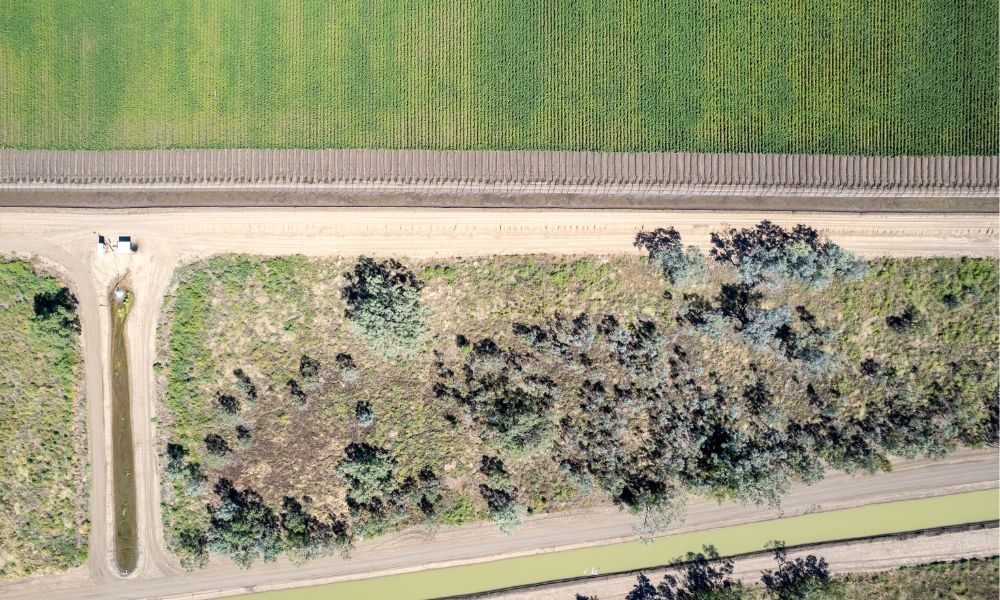


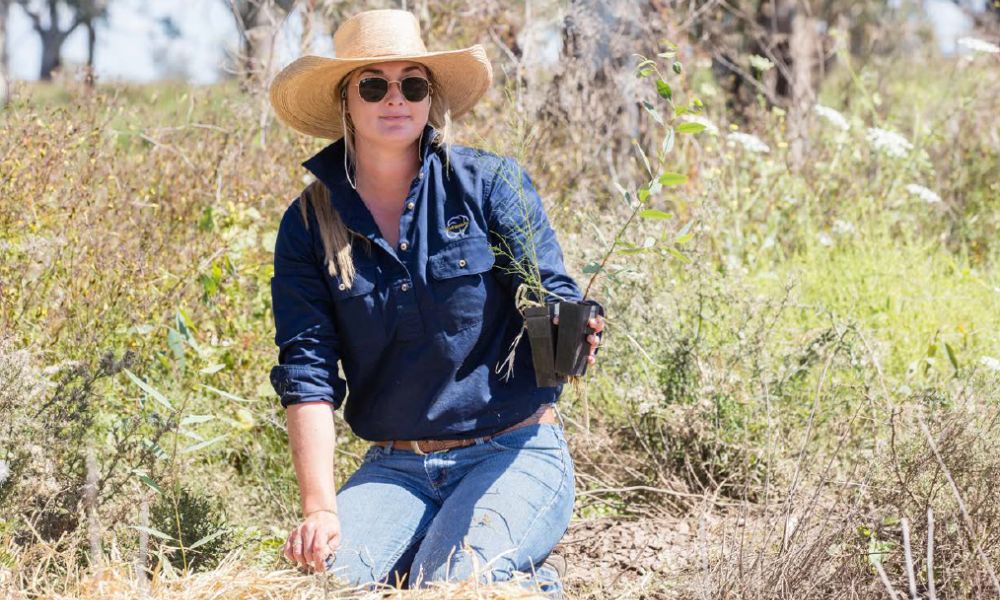
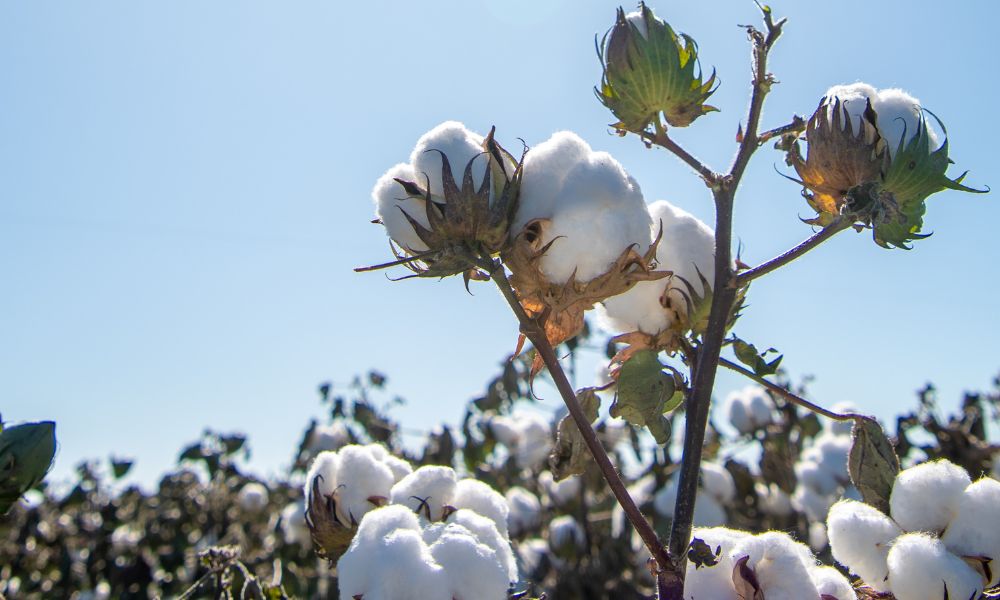

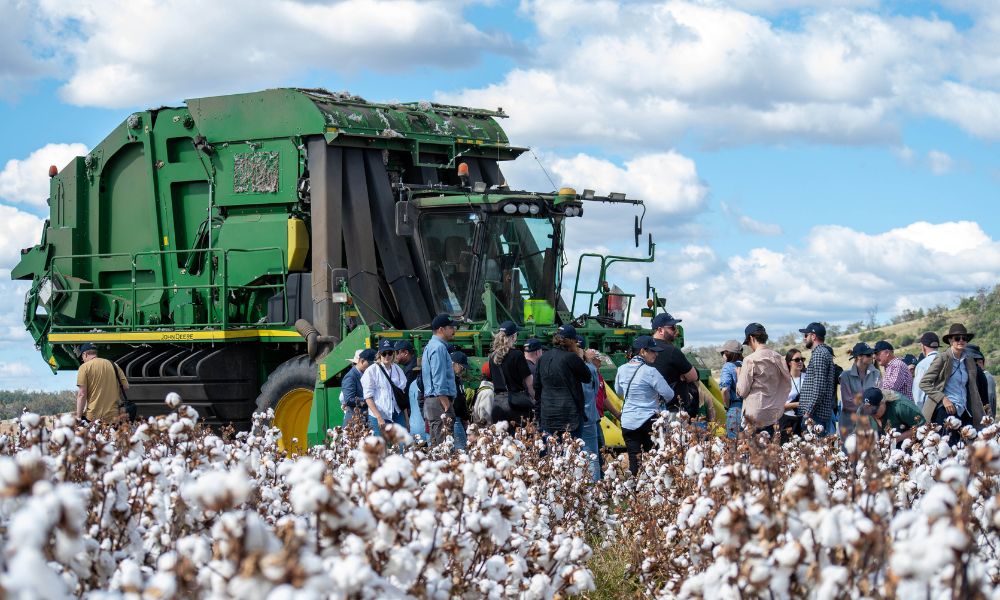
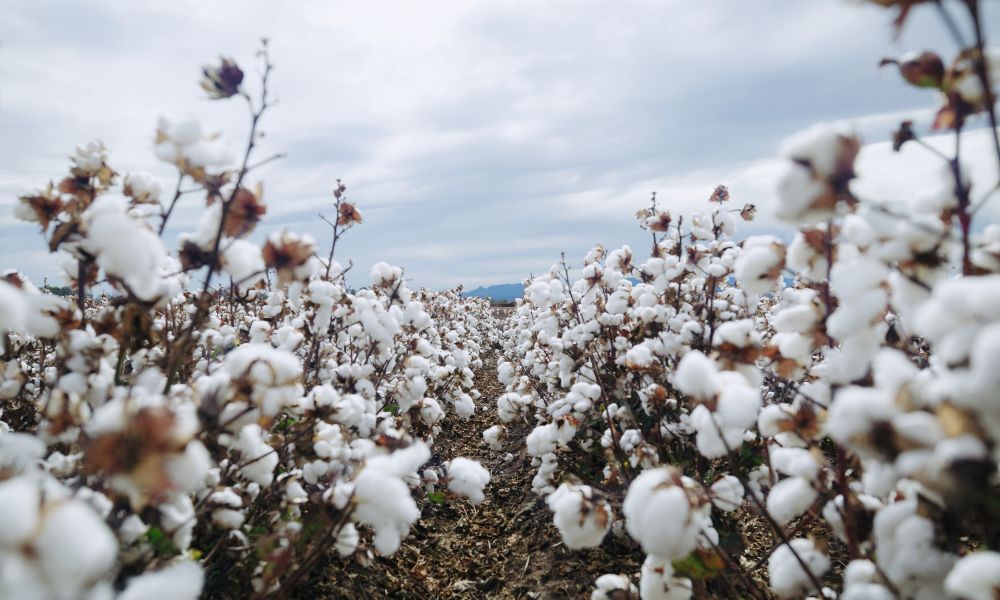
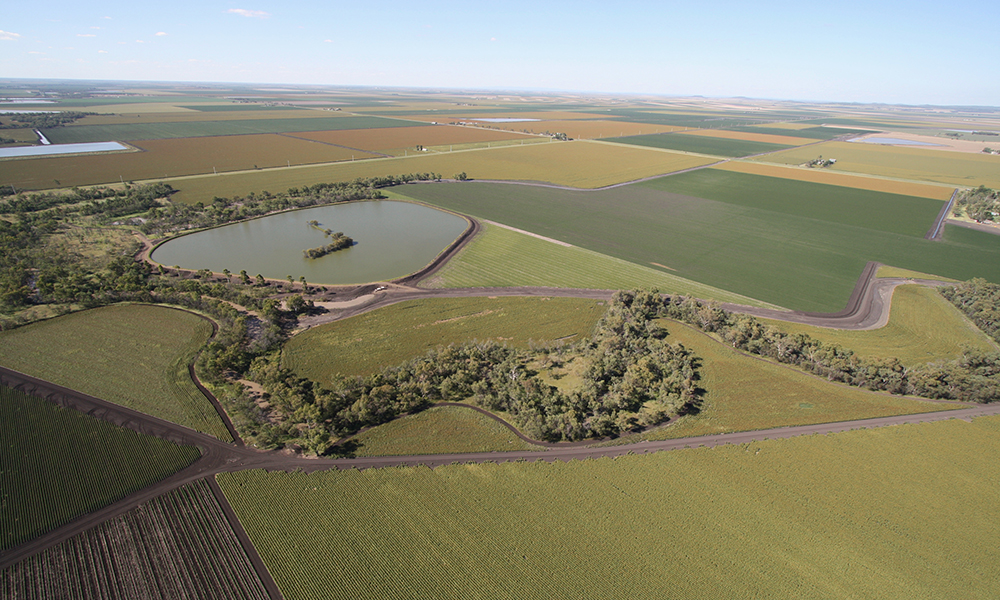
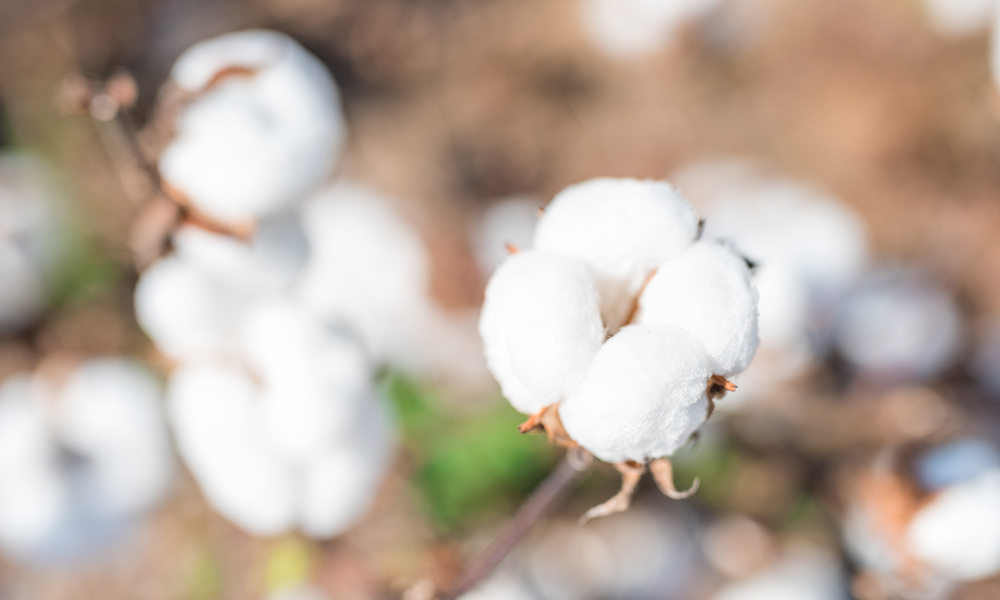

Recent Comments